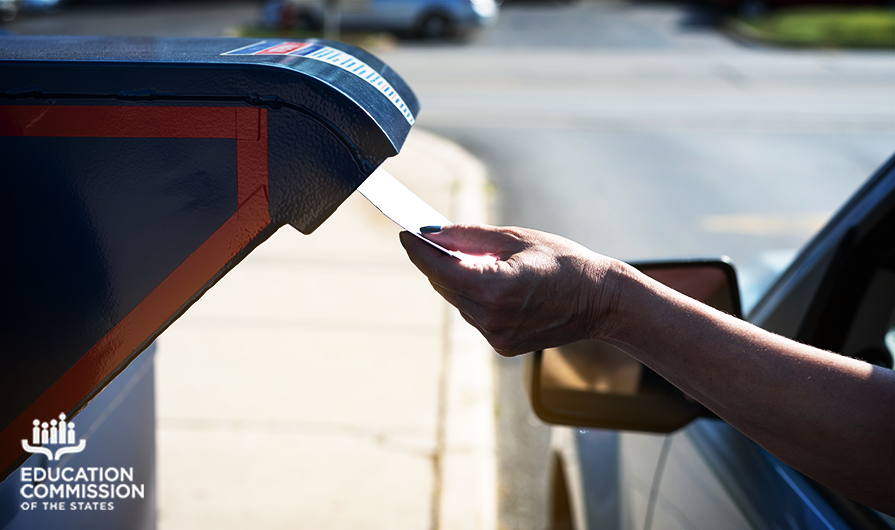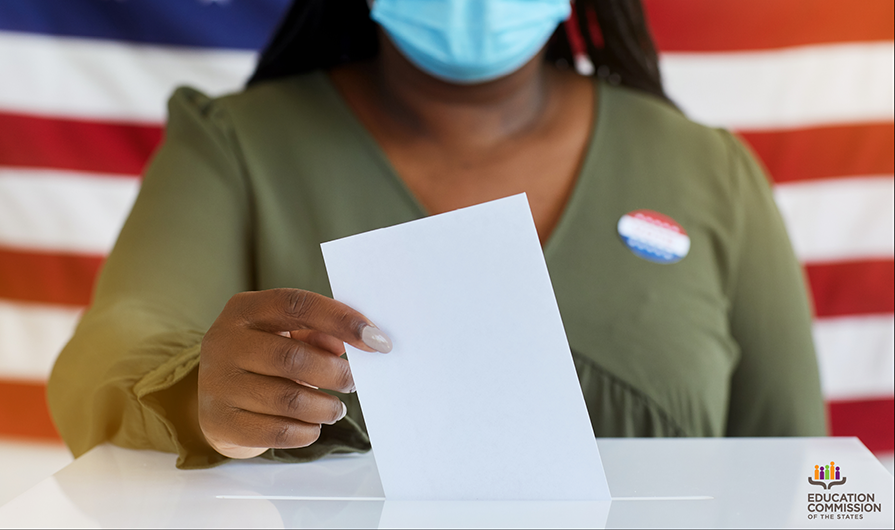States are using a variety of measures to help prevent sexual assault and misconduct on university and college campuses, from partnering with local law enforcement on reporting protocol to developing trauma-informed trainings for campus staff. Education Commission of the States captures much of this work in its 50-State Comparison on postsecondary campus safety.
Another tool states are using is sexual assault climate surveys, which are voluntary, anonymous and provide an opportunity for students to share their awareness of sexual assault on campus and whether they have taken advantage of related campus resources. College and universities administer these surveys to help ensure the student voice is included in the policy and procedure development for campus safety initiatives.
Over the past several years, Louisiana has been working toward the goal of engaging students through these surveys to turn the resulting data into actionable policy. In 2015, the Louisiana Legislature passed Act 172, which required all postsecondary institutions to administer an annual, anonymous sexual assault climate survey to students when funding allowed. The Louisiana Board of Regents included this requirement in its amended Uniform Policy on Sexual Misconduct in 2015 and worked with institutions to put the plan into practice across the state.
After three years, the Louisiana State Board of Regents found that colleges and universities were consistently receiving a low number of responses. These low response rates — likely because of survey fatigue on a sensitive topic — made the data collected statistically inadequate. Colleges and universities also found that administering the survey each year gave little time to develop and implement new policies in response to the data they were able to collect from students.
To maximize the usefulness of the survey, the Louisiana Board of Regents collaborated with the Center for Research on Violence Against Women at the University of Kentucky, a consortium of universities from neighboring states that also administered similar surveys, and Louisiana’s university and college systems. They improved the structure and length of the surveys to increase response rates and broaden the utility of the surveys. Surveys ask students whether they believe their college cares about their safety, whether they have witnessed someone bullying or sexually harassing a student and whether they themselves have been bullied or sexually harassed by students or faculty, among other things. Institutional leaders use the information to inform programmatic efforts and outreach on campus.
Building on this work, this year the Louisiana Board of Regents worked with the Legislature to introduce H.B. 294, which amends the current requirement so that the surveys will be administered every three years. This aligns with the best practices of the American Association of Universities Consortium and recommendations from the U.S. Department of Justice. By reducing the frequency of the survey administration, the Legislature and board of regents hope to see improved data quantities, which will enhance the ability to better plan services, educate stakeholders and inform prevention efforts.










